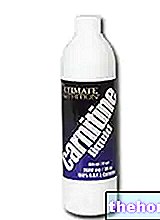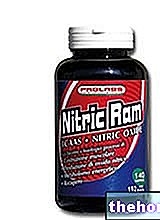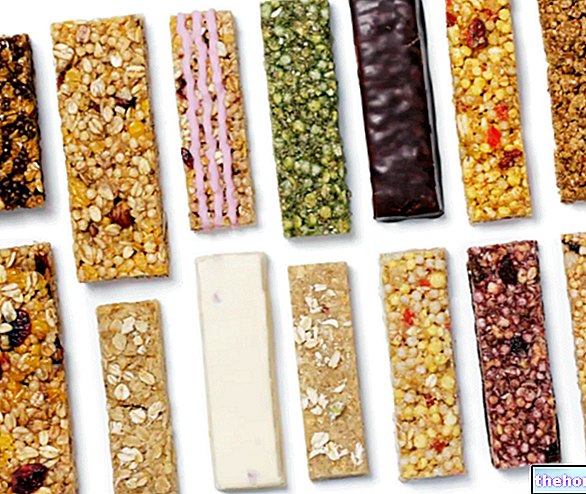See also: ZMA supplements
ZMA (Zinc Monomethionine Aspartate and Magnesium Aspartate) is a supplement used by many bodybuilders and athletes to stimulate the production of testosterone and IGF-1. Each capsule of ZMA contains a special combination of zinc, magnesium and vitamin B6 or pyridoxine. The two minerals are present in their most bioavailable form (zinc-moniomethionine and zinc-magnesium aspartate).

The three ingredients of ZMA play a leading biological role and among these magnesium is undoubtedly one of the most deficient minerals in the typical diet of industrialized countries.
Intense physical activity is accompanied by an increased need for vitamins and minerals, not always compensated for by adequate nutrition. In our article dedicated to vitamin supplements, we saw how important it is to make the right food choices to meet the minimum needs of these nutrients. When it is not possible to follow a "100% correct diet," food supplementation is a valuable aid for sports and sedentary people. ZMA is therefore a useful product for most people, given that about 50% of the US population does not consumes enough magnesium with the diet.A similar argument can be made with zinc (especially for vegetarians), while the levels of pyridoxine intake are generally more than sufficient to cover the needs of this vitamin.
Zinc Magnesium and Vitamin B6
ZMA-based supplements contain the three micronutrients in a very precise proportion: the zinc content generally varies from 20 to 30 mg, that of Magnesium from 400 to 500 mg, while that of vitamin B6 is around 10 mg (such values reflect those of the recommended daily intake, based on data provided by the company that holds the patent). ZMA must not be taken together with supplements or foods containing calcium sources (this mineral tends to inhibit the absorption of zinc , magnesium and iron).
The intake of ZMA should take place before going to bed and on an empty stomach. In this way we try to maximize the stimulus on the secretion of GH, which reaches its peak during the first hours of night rest and is favored by fasting (see growth hormone) .
A study dated 1999 monitored football players during eight weeks of spring training. The group that took ZMA regularly showed significant improvements in strength, muscle mass, free testosterone levels (up to 30%) and IGF-1. However, it should be emphasized that this study was funded and promoted by the same company that holds the ZMA patent.
In 2004, new research established that ZMA is unable to affect hormone strength and levels; however, during the study, the researchers were able to appreciate a lower muscle catabolism. The same scholars therefore argue the need for further investigations to establish the real effectiveness of ZMA:
The point of the situation
ZMA is undoubtedly an interesting supplement that deserves due attention. Some of the assumptions on which it is based are scientifically based and the usefulness of a zinc and especially magnesium supplement is recognized by many doctors. However, hoping to increase your testosterone levels by 30% with a simple supplement is very optimistic. From this point of view, ZMA has nothing to envy, for better or for worse, to all those supplements, such as tribulus terrestris, which promise to significantly improve endogenous testosterone production, without being able to keep what they promised.
Finally, remember that exceeding the recommended intake doses, hoping to further enhance the alleged anabolic characteristics of the ZMA, is a wrong attitude, counterproductive and dangerous for health.
Appendix
ZINC: it is contained in good quantities in oysters, wheat germ, beef, whole grains and liver. The zinc present in plant foods is difficult to absorb due to the simultaneous presence of fibers and phytates. Daily requirement: 10-15 mg for men, 7-9 for women
ZINC IN FOODS:
MAGNESIUM IN FOODS:
CONTENTS IN MAGNESIUM
DAILY NEED: 6mg / Kg (450mg / day for a 75 Kg individual)




























